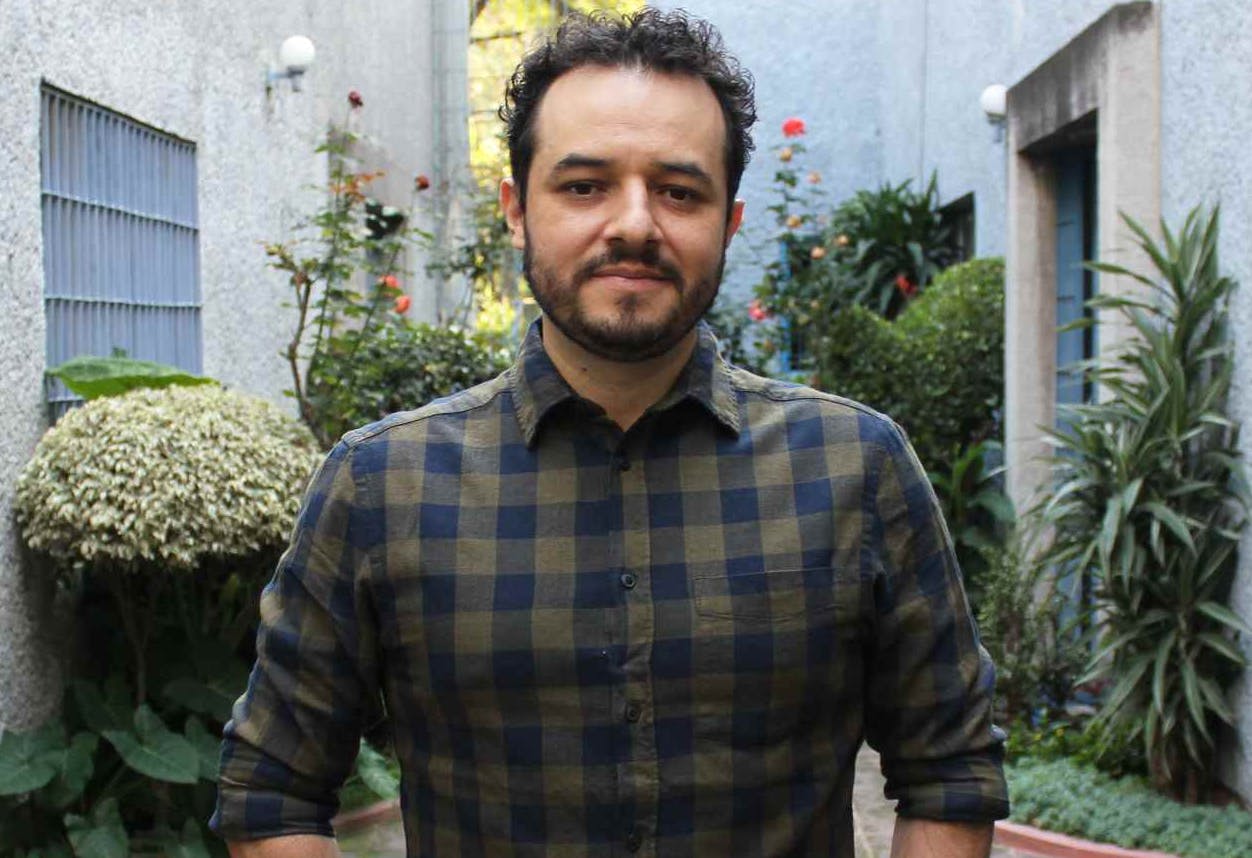
This piece was originally featured on Research Matters.
Eighteen years ago, Luis Daniel Torres González embarked on a long road that led him from Mexico City to New York City, where he earned his PhD in Economics at The New School for Social Research.
This month, he reached a new destination: Rome, where he was awarded the prestigious 2018 Pierangelo Garegnani Thesis Prize for writing one of the best doctoral dissertations on political economy in the world. Named for the famous Italian neo-Ricardian economist and awarded by the Centro di Ricerche e Documentazione Piero Sraffa at Roma Tre University, the prize is one of the greatest honors an emerging economics scholar can receive.
But when asked about the award, Torres González is modest. He’d much rather talk about that path to his PhD, which he completed in 2018, and how he’s developing his dissertation, entitled Essays on Prices of Production and the Interindustry Structure of Technology and Demand.
As an undergraduate at the National Autonomous University of Mexico (UNAM), Torres González found himself drawn to the work of several NSSR economists, including Arnhold Professor of International Cooperation and Development Willi Semmler and professor emeritus Lance Taylor — part of what he calls NSSR’s "dream team" of heterodox economists. “From that moment, I decided that I must do my graduate studies at The New School,” he says. “But that took a lot of time.”
After earning a master’s degree at UNAM and working for several years at the Mexican National Council for Science and Technology, Torres González finally arrived at NSSR with a valuable government scholarship and a clear direction. He knew he wanted to study the foundations of the economy and delve further into the theory of prices of production, and he began working closely with Leo Model Professor of Economics Duncan Foley and economics professor Anwar Shaikh, who also served as his dissertation advisor.
He recalls that dual mentorship as being absolutely critical to his success. The two professors helped him begin his research in his second semester; supported him through long years of research, writing, and conference presentations; and, most recently, encouraged him to apply for the Garegnani Prize.
Collaboration was also an important part of Torres González's NSSR experience. He wrote the third chapter of his award-winning dissertation together with student Jangho Yang, now a postdoctoral research fellow at Oxford. “The Persistent Statistical Structure of the US Input-Output Coefficient Matrices: 1963-2007” was published in the Economics Department Working Paper Series and has been accepted for publication in a top journal of the field, Economics Systems Research.
Torres González is continuing with his research as a postdoctoral research fellow back at UNAM. “I’m working on the study of the financial markets based on the same [long-period analysis] method that I used for studying the prices and the structure of production,” he says. “I’m interested in measuring the effects of the financial sector on income distribution based on linear production models.”
He is also investigating the interindustry structure of technology and demand. “This structure is relevant for the determination of important ratios, such as industries’ capital intensities and commodities’ composition of output.… I explore the implications of the identified statistical structure to different linear production models,” he writes. A key scholar in that field? Piero Sraffa, of the eponymous Italian center now honoring Torres González.
The road to becoming a top emerging economics scholar may be long, but for Torres González, it has been entirely worth it.